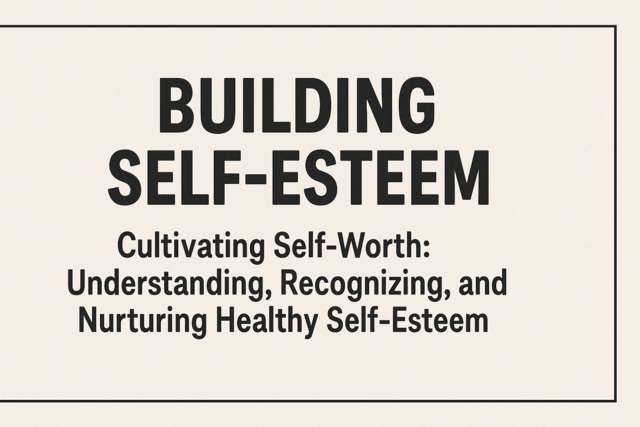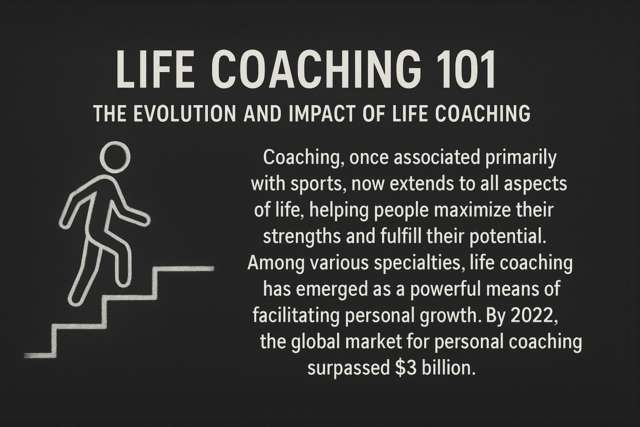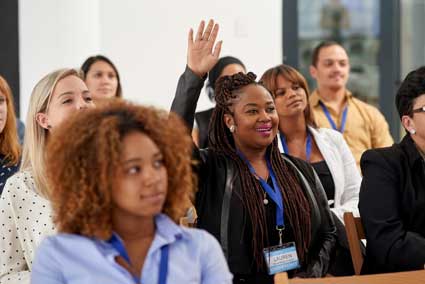Keeping It Together
However, preventative medicine, combined with healthy living and early detection of a multitude of conditions and disease processes, may help to increase longevity by years and even decades for many of us. The importance of cancer screening tests cannot be overlooked or underestimated for any age group or gender. Adequate nutrition needs are essential for optimal growth and development from a cellular level to the state of our hair.
By knowing and understanding your family's medical history as well as conditions or diseases that are common to African-Americans, Caucasians, Asians and Native Americans, individuals today have more tools at their disposal to prevent disease and debilitating illnesses than any other generation in the history of mankind. Unfortunately, many of us ignore these tools and guidelines for maintaining optimal physical health and conditioning until it is too late.
For example, it's long been known that smoking endangers the lungs and may cause lung cancer and emphysema. However, look around you and see how many people are smoking today. Excessive sunbathing has been known to cause skin cancer, a.k.a. melanoma, and yet drive down to the local beach and you'll more than likely find thousands of women and men basking in the sun.
We all know the importance of drinking at least eight glasses of water a day, but be honest, how many of us actually do it? How many of us eat healthy and balanced meals that contain adequate balances of proteins, carbohydrates, starch, and meat, dairy, and vegetable servings?
In order to improve quality of health as well as to increase chances of living longer, each and every one of us needs to make some personal decisions. Skipping meals, yo-yo dieting, and excessive intakes of fats and sugars sabotage our daily efforts to live longer, healthier lives.
When we're feeling good, most of us don't even think about our bodies or health. It's only when we hit a glitch or when something goes wrong that we realize how vitally important every part of our body is toward daily comfort and capability. Prevention is the key when it comes to reducing risks of developing illnesses and diseases that may take years off our lives.
Individuals who are 40 years of age or older should have complete physical examinations at least every one to two years. Younger people in general good health should have complete health examinations every three to five years.
In addition, individuals who understand at least the basics of anatomy and physiology, as well as their family histories, will be able to determine their overall state of well-being and health. Every individual should know what his or her normal blood pressure ranges are as well as know their own resting pulse rate, their temperature, their respiratory rate, and their height and weight measurements.
Individuals who understand the basic concepts of their own physical development and status are more able to realize when something is not quite right with the body. Recognizing and assessing changes in hair or skin texture, heart rate, and pulse rate are essential for prompting individuals to visit their doctor sooner than otherwise. For example, changes in weight should be assessed and given attention if more than 8 to 10 pounds are gained or lost within a single month for those not on a supervised diet plan.
Regardless of age, men and women should pay attention to recommendations for prostate cancer screening, breast exams, and mammograms as well as gynecological exams to test for STDs and cancer screening.
In order to achieve such goals, individuals need to make plans. Every stage of life should have some sort of goal or plan attached to it, and that includes short and long term goals. Develop such goals at an early age, but always be ready, willing, and able to change those goals to adapt to situations and growing experiences and attitudes.
Living involves a learning process that never ends. Whether you're 20 years old or 80 years old, every one of our days may be met with adventures, challenges, or obstacles that were unexpected. Our ability to meet such challenges, goals and adventures will be determined by our physical well-being as well as our emotional stability and our mental capabilities. Exercise and physical activity, combined with adequate nutrition cannot be underestimated when it comes to anti-aging techniques.
Staying optimistic is a "youth-friendly" technique that is employed by many people as they head into their middle and golden years. Optimism and hope are immeasurable components to the health and well-being of many individuals.
Attitude Is the Key
The Journal of Personality and Social Psychology determined that as we age, individuals generally become happier and are more able to regulate their emotions than when we are younger. This 'mellowing out' is often due to reduction in pressure from work, reduced financial strain and the benefits of retirement. Depression, stress, pessimism and negative attitudes have a direct impact on our general health and ability to fight off illnesses and diseases.
During a decade-long study on aging, participants have shown that the risk of dying in individuals from 65 years old to 85 years old decreased by 55% when they describe themselves as being optimistic rather than pessimistic. Factors generally related to stress, depression and chronic disappointment, such as heart disease, was significantly lowered when individuals maintained a positive attitude and outlook about their lives.
Psychological tests performed by the Mayo Clinic revealed that 19% of their 800-member study group was more likely to experience illnesses and diseases when dealing with ongoing factors such as unhappiness, loneliness, and dissatisfaction with their lives.
This is not to say that we should go through our lives with a happy-go-lucky attitude; quite the contrary. There is a fine balance between optimism and pessimism, hope and despair.
People who seem to defy the aging process, regardless of age, are more often happy and outgoing than unhappy and introverted. Senior citizens who partake in social activities, and even those who volunteer in their local communities are shown to lead more fulfilled and satisfied lives, regardless of their social status or the presence or absence of nearby loved ones and friends.
Faith and religion plays a major role in the lives of many individuals throughout his or her life and this may also have a positive affect on attitude and aging. Psychological and medical studies performed by universities and medical groups around the country in the last decade have reported that those individuals who follow some form of faith or religion exhibit an increased ability to deal with illnesses, disabilities, and issues surrounding death and mortality.
Visit your local gym and you're more than likely to find a wide range of men and women taking kickboxing and step aerobic classes than ever before. From teenagers to octogenarians, individuals are finding that age boundaries are blurring in gyms and schools as we head further into the 21st century. Unfortunately, retirement laws and public perceptions still abound when it comes to aging, attitudes that offer many challenges to those growing older as society becomes more and more youth oriented.
Life expectancy is increasing every decade, thanks to medications, early treatment options, and enhanced nutrition and exercise information available to consumers. Medical discoveries and improved medical techniques and surgical procedures allow better and earlier diagnosis of illnesses and diseases before they take enormous tolls on the human body.
When it comes to antiaging techniques, information technology in the 21st century has helped to educate individuals on the dangers of smoking, alcohol consumption, and the importance of maintaining a balanced and healthy diet, regular exercise, and coping mechanisms that help us deal with stress and pressure.



























